
This book surveys drinking in Britain between the Licensing Act of 1869 and the wartime regulations imposed on alcohol production and consumption after 1914. This was a period marked by the expansion of the drink industry and by increasingly restrictive licensing laws. Politics and commerce co-existed with moral and medical concerns about drunkenne...
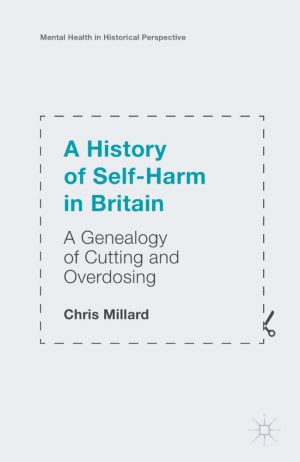
This book fall of various self-harming behaviours in twentieth-century Britain. It puts self-cutting and overdosing into historical perspective, linking them to the huge changes that occur in mental and physical healthcare, social work and wider politics....

This book explores the social history of the anti-vivisection movement in Britain from its nineteenth-century beginnings until the 1960s. It discusses the ethical principles that inspired the movement and the socio-political background that explains its rise and fall. Opposition to vivisection began when medical practitioners complained it was cont...

This book explores the question of who or what 'the public' is within 'public health' in post-war Britain. Drawing on historical research on the place of the public in public health in Britain from the establishment of the National Health Service in 1948, the book presents a new perspective on the relationship between state and ...

The narrative of 20th-century medicine is the conquering of acute infectious diseases and the rise in chronic, degenerative diseases. The history of fungal infections does not fit this picture. This book charts the path of fungal infections from the mid 19th century to the dawn of the 21st century....

This book is the first academic study of the post-mortem practice of gibbeting ('hanging in chains'), since the nineteenth century. Gibbeting involved placing the executed body of a malefactor in an iron cage and suspending it from a tall post. A body might remain in the gibbet for many decades, while it gradually fell to pieces. Hanging ...
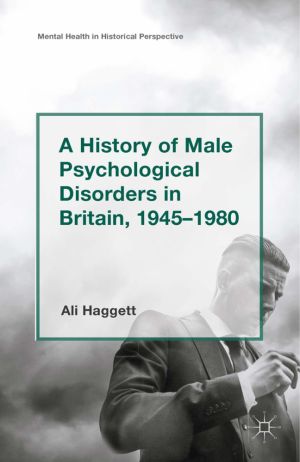
This book explores the under-researched history of male mental illness from the mid-twentieth century. It argues that statistics suggesting women have been more vulnerable to depression and anxiety are misleading since they underplay a host of alternative presentations of 'distress' more common in men....

Ethnicity and Race in the UK examines the state of racial inequality in a wide range of areas in post-Brexit Britain, including employment, health care, education, criminal justice, housing, and representation in the arts and media. Written to coincide with the fiftieth anniversary of the UK Race Relations Act of 1968 as well as the founding of the...

This book investigates the reasons behind the 2017 youthquake – which saw the highest rate of youth turnout in a quarter of a century, and an unprecedented gap in youth support for Labour over the Conservative Party – from both a comparative and a theoretical perspective. It compares youth turnout and party allegiance over time and traces chang...

This book is the first comparative study of public, voluntary and private asylums in nineteenth-century Ireland. Examining nine institutions, it explores whether concepts of social class and status and the emergence of a strong middle class informed interactions between gender, religion, identity and insanity. It questions whether medical and lay e...
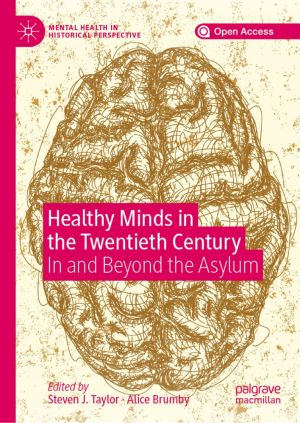
This open access edited collection contributes a new dimension to the study of mental health and psychiatry in the twentieth century. It takes the present literature beyond the 'asylum and after' paradigm to explore the multitude of spaces that have been permeated by concerns about mental well-being and illness. The chapters in this volum...
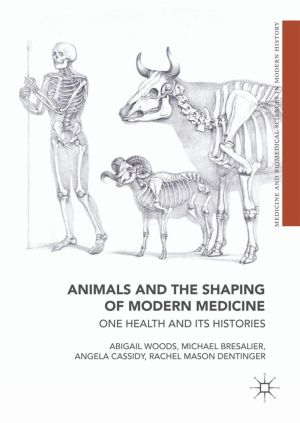
This book breaks new ground by situating animals and their diseases at the very heart of modern medicine. In demonstrating their historical significance as subjects and shapers of medicine, it offers important insights into past animal lives, and reveals that what we think of as 'human' medicine was in fact deeply zoological.Each chapter ...

This book explores how the body was investigated in the late nineteenth-century asylum in Britain. As more and more Victorian asylum doctors looked to the bodily fabric to reveal the 'truth' of mental disease, a whole host of techniques and technologies were brought to bear upon the patient's body. These practices encompassed the cli...

This book is the culmination of many years of research on what happened to the bodies of executed criminals in the past. Focusing on the eighteenth and nineteenth centuries, it looks at the consequences of the 1752 Murder Act. These criminal bodies had a crucial role in the history of medicine, and the history of crime, and great symbolic resonance...

"Dr Cassidy draws pertinent general conclusions about generating policy and mediating the role of the expert in today's science-sceptic and increasingly polarised society... It is both a useful and original contribution, specifically to the history of zoonotic disease policy, and policy history more generally."—Helen Bynum, Author ...

This book explores how children, parents, and survivors reshaped the politics of child protection in late twentieth-century England. Activism by these groups, often manifested in small voluntary organisations, drew upon and constructed an expertise grounded in experience and emotion that supported, challenged, and subverted medical, social work, l...
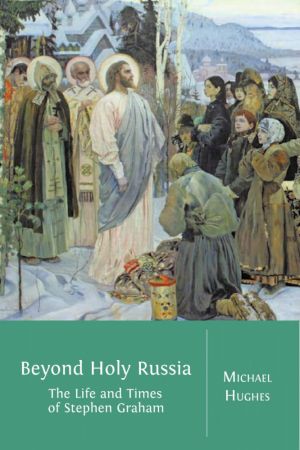
This biography examines the long life of the traveller and author Stephen Graham. Graham walked across large parts of the Tsarist Empire in the years before 1917, describing his adventures in a series of books and articles that helped to shape attitudes towards Russia in Britain and the United States. In later years he travelled widely across Europ...

Do alliances curb efforts by states to develop nuclear weapons? Atomic Assurance looks at what makes alliances sufficiently credible to prevent nuclear proliferation; how alliances can break down and so encourage nuclear proliferation; and whether security guarantors like the United States can use alliance ties to end the nuclear efforts of their a...

Why do great powers accommodate the rise of some challengers but contain and confront others, even at the risk of war? When Right Makes Might proposes that the ways in which a rising power legitimizes its expansionist aims significantly shapes great power responses. Stacie E. Goddard theorizes that when faced with a new challenger, great powers wil...

The home computer boom of the 1980s brought with it now iconic machines such as the ZX Spectrum, BBC Micro, and Commodore 64. Those machines would inspire a generation. Written by Tim Danton.
The Computers That Made Britain (300 pages, hardback) tells the story of 19 of those computers - and what happened behind the scenes. With dozens of new in...

This book examines the evolution of the relationship between taxpayers and their states in Sweden, Italy, the United Kingdom, the United States, and Romania, and asks why tax compliance is so much higher in some countries than others. The book shows that successful states have built strong administrative capacities, tax citizens fairly and equitabl...
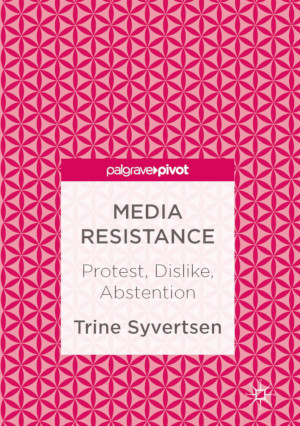
This book is about those who dislike, protest, and try to abstain from media, both new and old. It explains why media resistance persists and answers two questions: What is at stake for resisters and how does media resistance inspire organized action? Yet, despite the interest in media scepticism and dislike, there seems to be no book on the market...
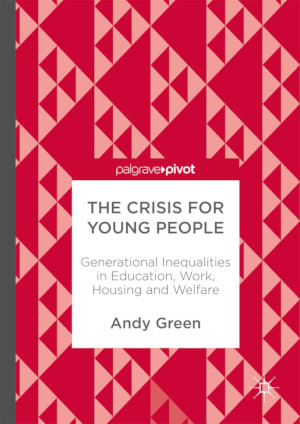
This book provides an original and challenging analysis of one of the most pressing social issues of our times: intergenerational inequality. Based on recent mixed-method research, it explores the extent and scope of generational divides through an up-to-date analysis of the changing opportunities for young people in Britain across different life d...

This book investigates European citizenship after Brexit, in light of the functionalist theory of citizenship. No matter its shape, Brexit will impact significantly on what has been labelled as one of the major achievements of EU integration: Citizenship of the Union. For the first time an automatic and collective lapse of status is observed. It is...
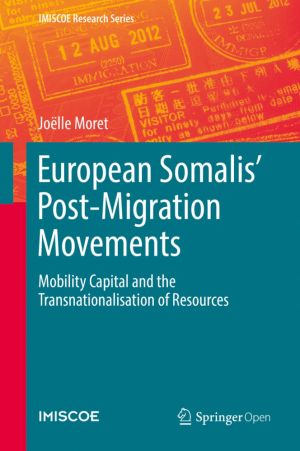
Based on a qualitative study on migrants of Somali origin who have settled in Europe for at least a decade, this book offers a ground-breaking exploration of the idea of mobility, both empirically and theoretically. It draws a comprehensive typology of the varied "post-migration mobility practices" developed by these migrants from their c...

Those convicted of homicide were hanged on the public gallows before being dissected under the Murder Act in Georgian England. Yet, from 1752, whether criminals actually died on the hanging tree or in the dissection room remained a medical mystery in early modern society. Dissecting the Criminal Corpse takes issue with the historical cliché of cor...

This book draws on award-winning cross-generational research comparing the complex and life-changing processes of settlement among Albanian migrants and their adolescent children in three European cities: London (UK), Thessaloniki (Greece), and Florence (Italy). Building on key concepts from the social sciences and migration studies, such as identi...
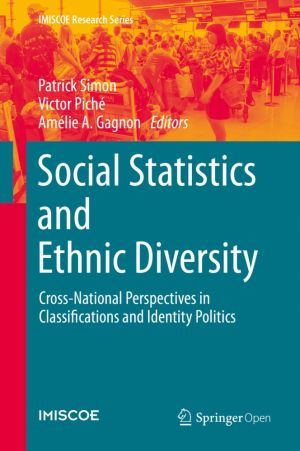
This book examines the question of collecting and disseminating data on ethnicity and race in order to describe characteristics of ethnic and racial groups, identify factors of social and economic integration and implement policies to redress discrimination. It offers a global perspective on the issue by looking at race and ethnicity in a wide vari...

This open access volume examines experiences of contemporary Latvian migrants, thereby focusing on reasons for emigration, processes of integration in their host countries, and – in the case of return migration - re-integration in their home country. In the context of European migration, the book describes the case of Latvia, which is interesting...
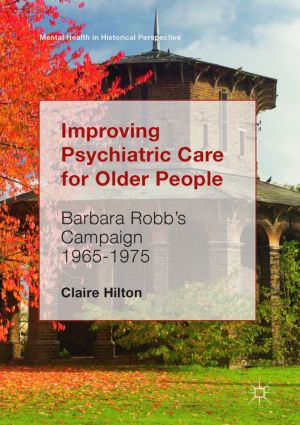
This book tells the story of Barbara Robb and her pressure group, Aid for the Elderly in Government Institutions (AEGIS). In 1965, Barbara visited 73-year-old Amy Gibbs in a dilapidated and overcrowded National Health Service psychiatric hospital back-ward. She was so appalled by the low standards that she set out to make improvements. Barbara'...

This open access Pivot book is a comparative study of six early colonial public libraries in nineteenth-century Australia, South Africa, and Southeast Asia. Drawing on networked conceptualisations of empire, transnational frameworks, and 'new imperial history' paradigms that privilege imbricated colonial and metropolitan 'intercultur...

This book explores the magical and medical history of executions from the eighteenth to the early twentieth century by looking at the afterlife potency of criminal corpses, the healing activities of the executioner, and the magic of the gallows site. The use of corpses in medicine and magic has been recorded back into antiquity. The lacerated bodie...
